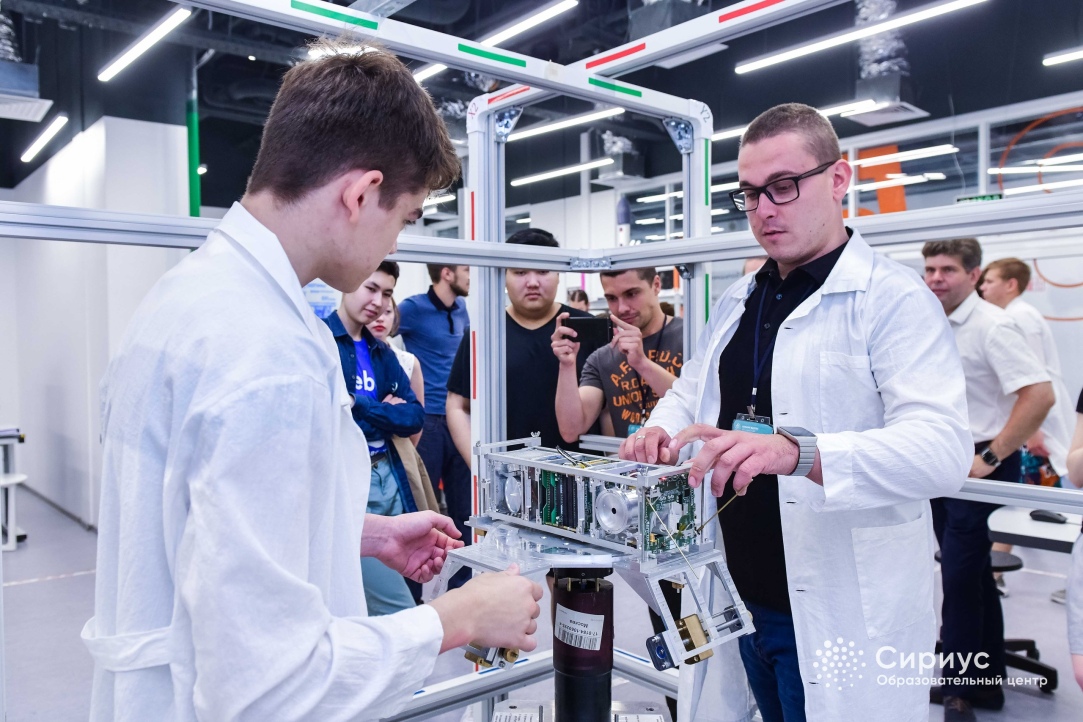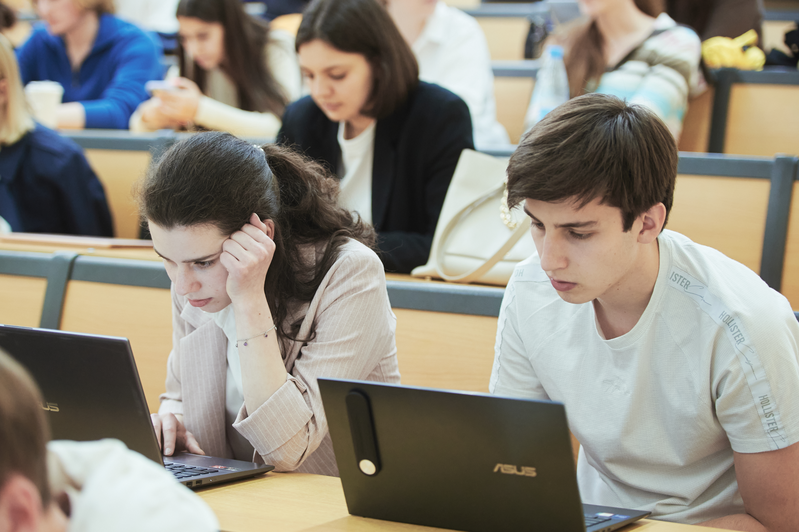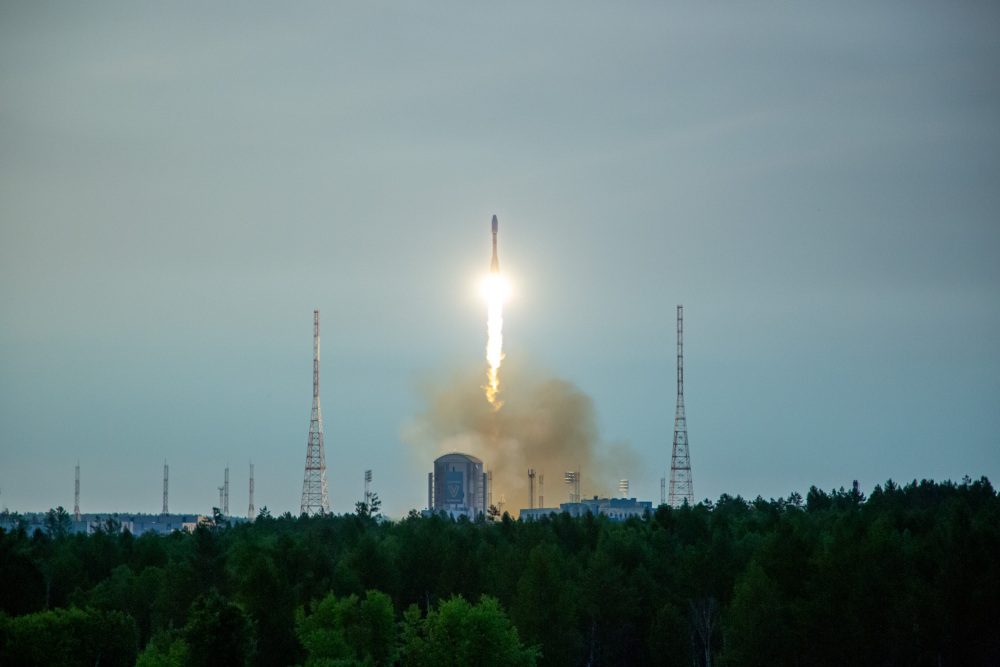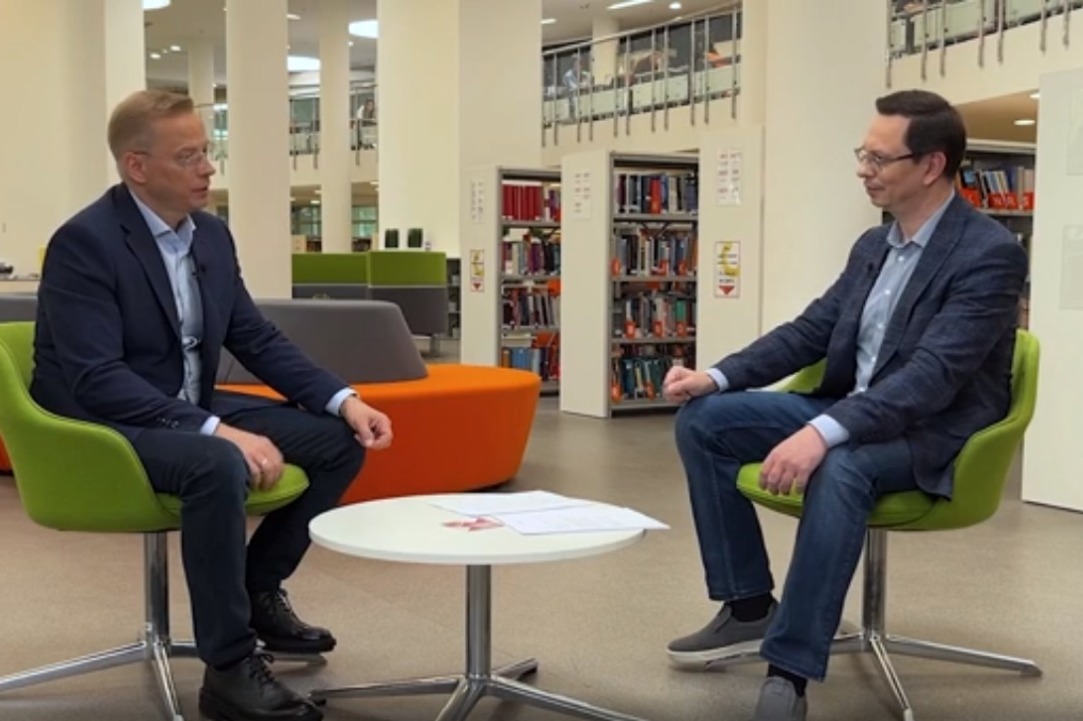On September 1st, a new season of the open Student Research Paper Competition (SRPC) started. This competition is aimed at developing the potential of university students who are interested in academic activities. Students, as well as 2023 graduates of Russian and foreign universities, can submit their papers for the competition until October 15
th, 2023. This year SRPC turns 20 years old, throughout the competition’s history, Vadim Radaev, HSE University’s First Vice Rector, has been the chair of the organising committee. In today’s interview, he talks about the history of the competition and the key stages in its development.
















